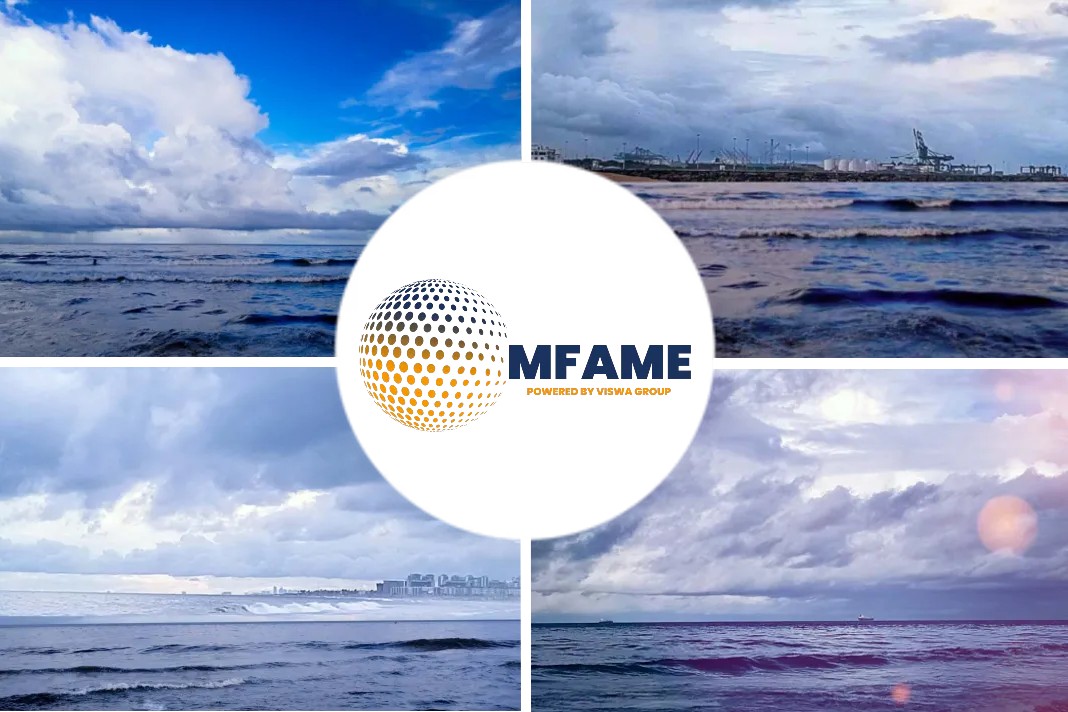
A lack of raw resources could impede the growth of electric vehicles. Briefing Note #26 for December 15, 2022, as reported by McKinsey.
Sufficient supply unavailable
A lack of essential resources could make it harder to embrace electric cars (EVs). Future EV demand may be challenging to satisfy if a sufficient supply of components like nickel and battery-grade lithium isn’t available. This week’s report from McKinsey examines potential EV manufacturing process constraints. The M&A environment in the renewable energy sector, where deal competitiveness has been escalating, is examined in a separate piece. Another article examines how business IT executives can significantly reduce their firms’ carbon footprint.
Knock-on effect
About half of the cost of an EV battery is made up of lithium, nickel, cobalt, and copper. Prices for nickel and battery-grade lithium have increased significantly recently, and shortages of all four of these components could make it more difficult to manufacture EVs. If EV adoption stalls due to an increase in the cost of ownership, senior partner Micah Smith and coauthors warn that one knock-on effect could be a higher-than-anticipated future need for fossil fuels.
Since 2018, the average deal value has sharply increased, and many renewable energy firms appear to be considering M&A a key component of their company strategies. M&A can help renewables businesses gain scale or access to new markets, and Florian Kühn, Raffael Winter, and coauthors provide a framework for evaluating acquisitions in the industry. Their recommendations include learning about the local market before analysing a target company and interacting with any potential targets to develop trust that may serve as a differentiator if there is competition for a sale.
Supporting organisations
Corporate technology executives can support their organisations’ efforts to reduce carbon emissions. Making an organization’s carbon emissions digitally transparent through the use of tech-powered data collection methods and intricate analytical spreadsheets is an essential first step.
Transparency must first be attained before looking for technology fixes. Senior partner Jeffrey Lewis and coauthors point out that in some circumstances, cutting back on material use can reduce both emissions and logistics expenses.
Here are other recent notable findings from our research:
- McKinsey Publishing’s year in review highlights compelling reads and fascinating insights—spanning topics including food, housing, energy, supply chains, inflation, and sustainability—selected from our work in 2022.
- Our 2022 year in charts offers data visualizations capturing trends in the macro economy, the net-zero transition, workplace dynamics, and more.
- The year in images presents compelling visuals illustrating some of the year’s biggest developments.
- The year in innovation rounds up our most engaging, interactive content from 2022—including explainers, quizzes, and McKinsey for Kids.
- McKinsey’s fourth American Opportunity Survey delves into Americans’ perceptions of the current economy and their thoughts about what’s looming on the horizon. Among other findings, senior partners André Dua and Kweilin Ellingrud and coauthors discover that respondents’ optimism about access to economic opportunity has declined across all income levels.
A recent edition of Author Talks features Columbia Business School professor Hitendra Wadhwa speaking about his new book, Inner Mastery, Outer Impact: How Your Five Core Energies Hold the Key to Success (Hachette Book Group, June 2022). Wadhwa maintains that inner peace can help free us from self-defeating habits and impulses, thereby boosting our effectiveness in the world.
Did you subscribe to our newsletter?
It’s free! Click here to subscribe!
Source: McKinsey














![[Watch] Crazy Power Needed to Move World’s Largest Containerships](https://mfame.guru/wp-content/uploads/2023/11/mfame-tanker-100x70.jpg)

Thank you for your sharing. I am worried that I lack creative ideas. It is your article that makes me full of hope. Thank you. But, I have a question, can you help me? https://www.binance.info/id/join?ref=PORL8W0Z